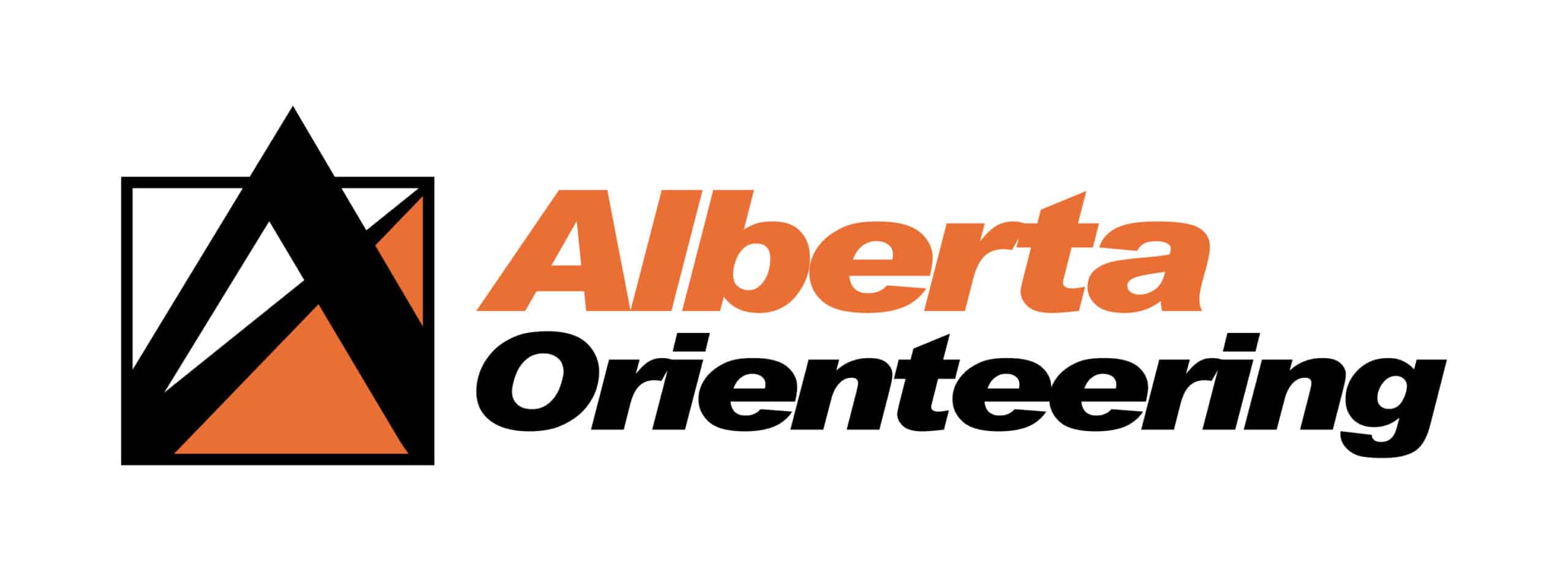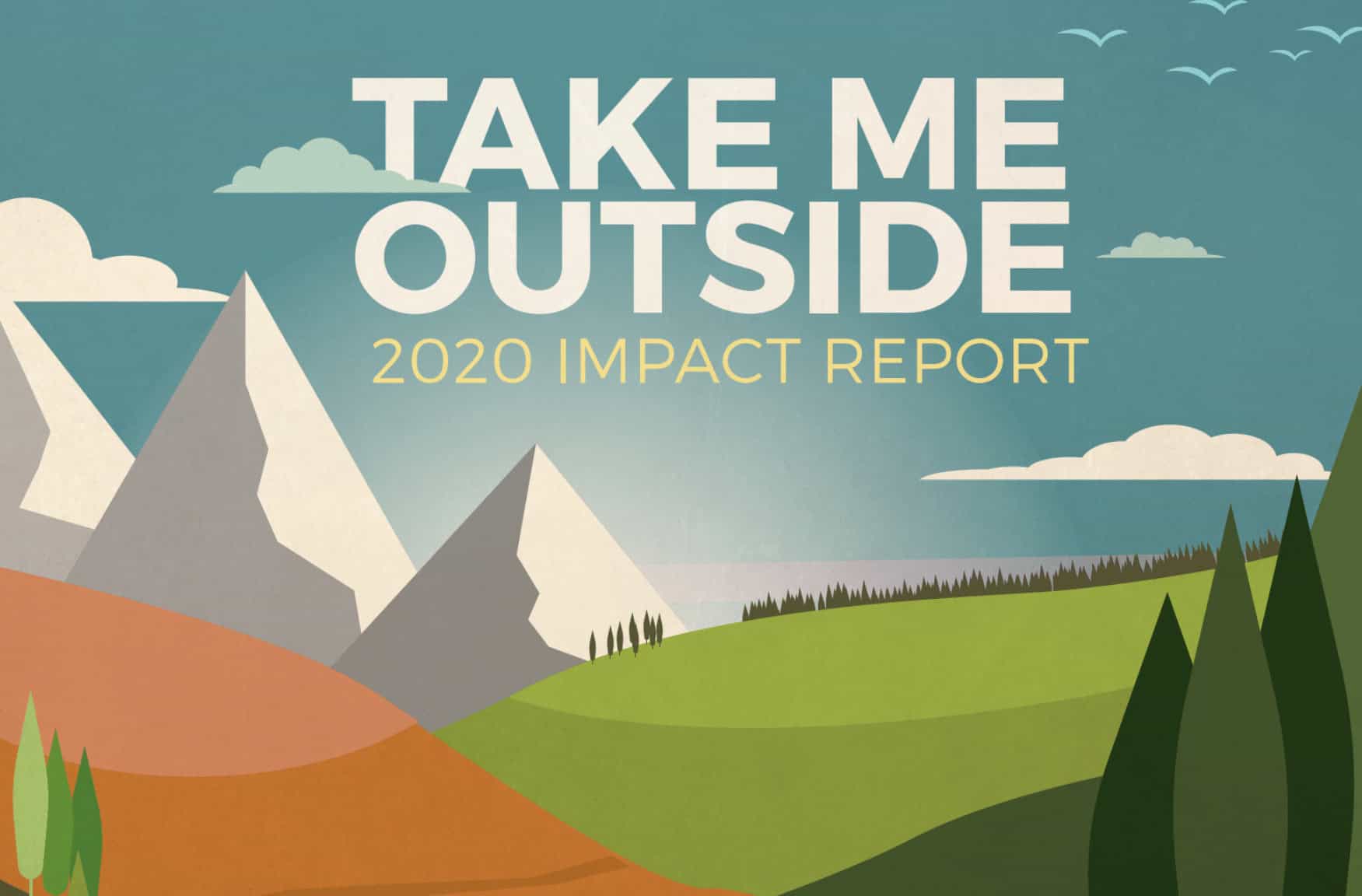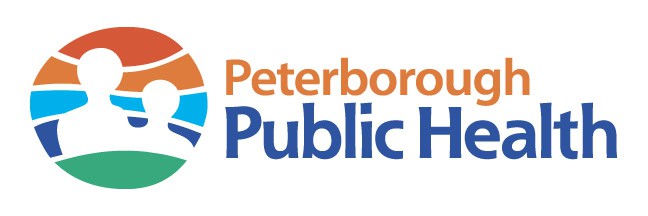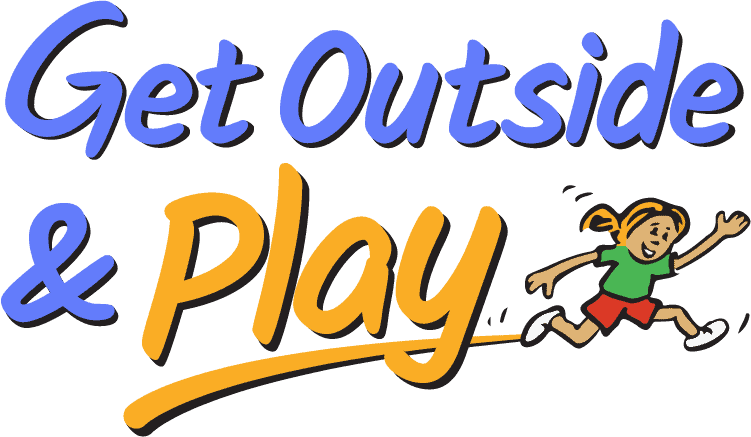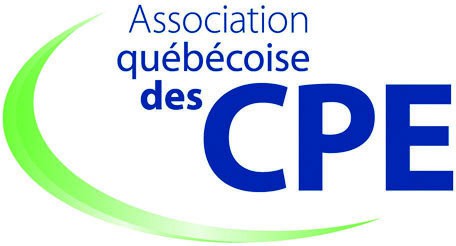WILD CHILD
WILD CHILD is an free outdoor play program for families run by childREACH in London, ON. The program is run three times per week all year round (no matter the weather) and is held in local wooded areas to support play in natural settings. childREACH recently developed a new component of their program called WILD...



